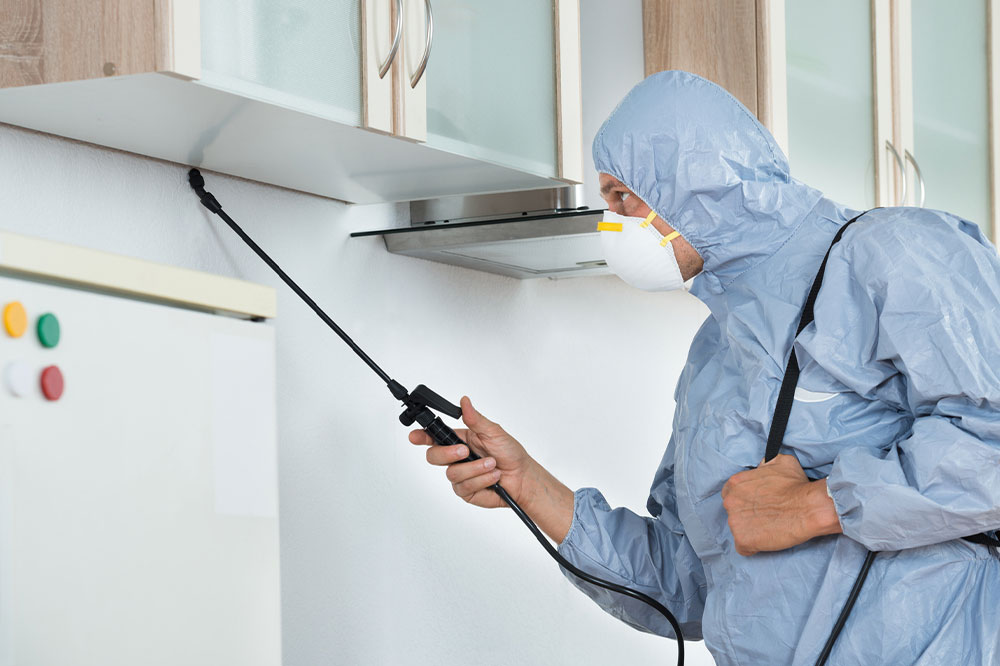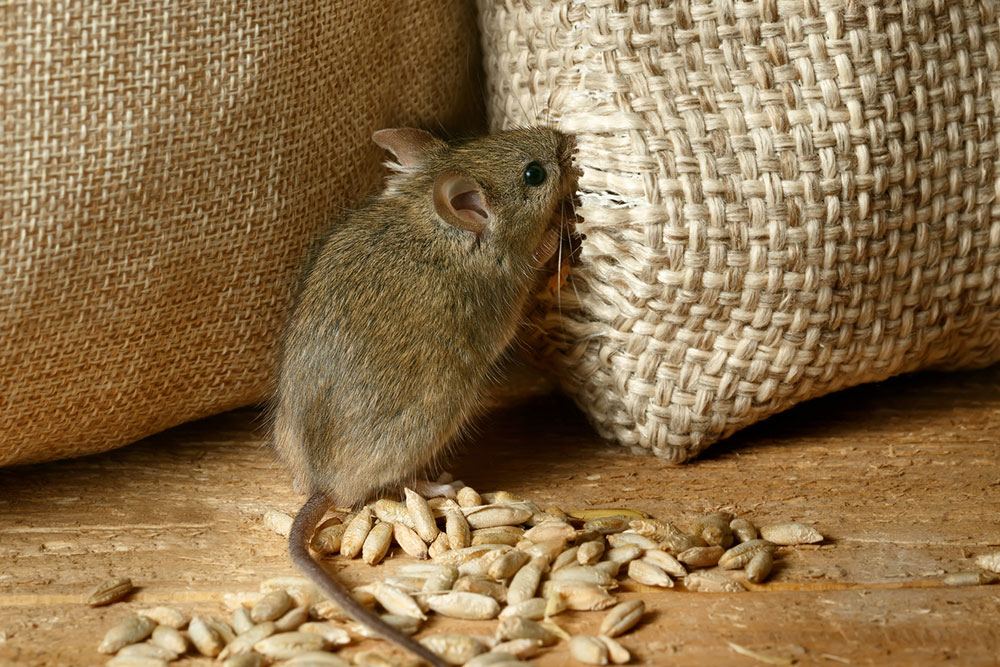Proven Strategies for Eliminating Squirrels from Your Property
Discover effective squirrel control techniques to protect your garden and home. From natural deterrents like cayenne pepper and motion-activated sprinklers to humane trapping and repellents, this guide offers practical solutions. Implementing these strategies can help prevent squirrels from damaging plants, nesting in attics, and creating messes. For persistent issues, professional pest control services can provide tailored assistance. Protect your property with proactive measures and keep these adorable yet troublesome creatures at bay seamlessly.
Sponsored

Squirrels can cause significant damage to gardens, dig up plants, and create clutter if left unchecked. They may also nest in attics and refuse to leave. Despite their cute appearance, they can become a serious nuisance. The most effective way to prevent their visits is by not feeding them, which discourages attracting these rodents to your property.
Simple methods to prevent squirrel infestations
Adopt a dog
Having a dog can be a highly effective natural deterrent. Let your furry friend spend time outdoors when weather permits; their presence can scare off squirrels quickly.
Additionally, sprinkling a mixture of cayenne pepper, paprika, and red chili flakes around your plants or garden beds makes the area less appealing to squirrels. They find the spicy taste unpleasant and are likely to stay away. To protect your crops, use netting and fencing to block their access.
When food sources are scarce, squirrels tend to relocate. Installing motion-activated sprinklers can be an eco-friendly method to keep them at bay, as the sudden spray of water discourages their visits without harmful chemicals.
Using repellents based on scent can also be effective. Products containing predator urine or homemade solutions with strong odors like mothballs and naphthalene can deter squirrels, especially indoors. Ultrasonic devices, which emit high-frequency sounds inaudible to humans, are another humane option for keeping squirrels away from homes and nests.
Traps are a practical choice for controlling squirrel populations. Non-lethal traps trap and release animals elsewhere, while lethal traps, like spring-loaded devices, quickly eliminate pests but require caution to prevent injuries to children and pets. Poison bait stations can also be used but must be handled carefully due to their toxicity and risk to non-target animals.
In summary, combining physical barriers, repellents, and trapping methods provides comprehensive squirrel control. If DIY efforts aren’t successful, consulting a pest control professional is advisable to ensure effective and safe removal.






